South African Beverages: Basic Overview
Common Ingredients
Common Preparing Methods
Drinking Etiquette
Influence and Fusion
South African Beverages: Origin and Region
Cuisine
Culinary Region
Country’s Region
Classifications of South African Beverages
-
Non-alcoholic Beverages
Offer a rich choice of non-alcoholic beverages, ranging from fermented beverages and brewed tea to modern soft drinks.
Some of them provide numerous health benefits.
-
Alcoholic Beverages
Offer many traditional alcoholic drinks like Umqombothi beer, liqueurs, and spirits.
Are typically enjoyed at social gatherings, celebrations, or even everyday moments.
South African beverages are a blend of indigenous traditions, colonial legacies, and modern innovations, reflecting the diversity found in the drink menu in Africa in general.
Non-alcoholic beverages range from traditional fermented drinks to contemporary soft drinks. Alcoholic options are equally varied, with traditional brews, celebrated wines from the Cape Winelands, and special spirits contributing to the country’s dynamic drink culture.
To dive deeper into this country’s beverage world, I’ll introduce the 14 most famous choices here, including both non-alcoholic and alcoholic drinks. Regarding the latter, you’ll learn the legal drinking age in this country.
Finally, I’ll give you some tricks to match South African drinks with dishes, with some examples. These beverages and dishes together define South African cuisine. Keep reading!
14 Best South African Beverages
Check out the 14 common beverages from South Africa below, ranging from alcoholic to non-alcoholic. You can use the filter function to have an easier reading experience.
Rooibos
- Non-Alcoholic
- Traditional
Rooibos is a caffeine-free herbal infusion. Rooibos comes from the leaves of a shrub native to South Africa, steeped in hot water for a reddish-brown brew.
Unlike black tea, rooibos offers a naturally sweet and earthy flavor profile, sometimes described as slightly nutty or fruity.
Thanks to its health benefits, Rooibos tea is a staple in South African households.
Amarula
- Alcoholic
- National
Amarula is a unique cream liqueur from South Africa made from the fruit of the marula tree, a small fruit native to sub-Saharan Africa.
Amarula has a rich flavor profile that combines the sweetness of the marula fruit with subtle hints of caramel and cream. Its texture is smooth and creamy.
The advanced distillation techniques found in Dutch drinks significantly influenced Amarula’s history. Dutch settlers brought these techniques and a tradition of crafting herbal and fruit liqueurs, shaping Amarula’s production methods and flavor innovations.
Umqombothi
- Alcoholic
- Traditional
Umqombothi (pronounced oom-kohm-boh-tee) is a traditional South African beer brewed by the Xhosa people.
This beverage is made with a unique blend of maize (corn), sorghum, and yeast. Unlike commercially produced beers, umqombothi has a low alcohol content (around 3%) and a distinctive flavor profile with a sour, slightly earthy taste and a thick and creamy texture.
It’s a drink best enjoyed for its cultural and historical significance, especially in Xhosa and Zulu cultural ceremonies.
Beer
- Alcoholic
- National
- Traditional
Beer plays a certain place in South African culture, with several big brands dominating the market. The influence of British colonial history on South African beer culture is evident in the popularity of these lager-style beers, reflecting traditional British drinks using brewing methods.
Castle Lager, one of the oldest and most iconic beers in South Africa, Hansa Pilsener offers a crisp and light flavor, and Black Label, often referred to as “Zamalek,” are some go-to choices here.
Their light flavor profiles and bubbly character make them an ideal option for any occasion. Craft breweries are popping up nationwide, featuring a growing selection of distinctive styles and flavors beyond common beers.
Wine
- Alcoholic
- National
- Traditional
South Africa has a flourishing wine industry with a long history dating back to the 17th century. The country’s diverse climate and soil types allow for a wide range of grape varietals to thrive, producing an impressive selection of wines, like Chenin Blancs, Pinotages, or Cabernet Sauvignon.
Moreover, 4th Street Wine is a famous wine brand in South Africa, known for its sweet and fruity wines. They offer Sweet Red, Sweet White, and Sweet Rosé varieties, making it a well-loved choice for young adults.
Springbokkie
- Alcoholic
- Fusion
- National
Springbokkie is a beloved shooter made with Amarula creamy liqueur and crème de menthe, a bright peppermint liqueur.
Named after the country’s national animal, the Springbok, Springbokkie owns vibrant green and creamy layers that mimic the colors of the Springbok rugby team’s jersey – green and gold.
That’s why it’s popular during the sporting season in South Africa, especially in bars and clubs across the country.
Mampoer
- Alcoholic
- Traditional
Mampoer is a potent South African spirit similar to moonshine. This strong spirit is typically made from fermented fruits like peaches, apricots, plums, litchis, or figs, which are distilled to create a high-proof liquor.
Mampoer’s high alcohol content, typically from 50% to 80%, makes it one of the strongest beverages in the world. The distillation process often involves traditional pot stills, ensuring each batch retains its strong flavor. It can be consumed straight or as in cocktails.
The name “Mampoer” comes from the word “maagpyn,” which means stomach pain, highlighting its strong impact. Historically, the Voortrekkers made Mampoer as they explored new lands.
Van Der Hum Liqueur
- Alcoholic
- Traditional
Van Der Hum is a unique liqueur produced in the Cape Winelands of South Africa. It’s known as the original Cape liqueur. This drink is made from a blend of five-year-old pot still brandy, wine distillate, tangerine peel, herbs, and spices.
The extracts are sweetened with glucose and cane sugar syrup, creating a complex citrus flavor with fragrant, mild spicy notes. The result is a mellow, sweet liqueur with a lingering spicy aftertaste.
Van Der Hum liqueur is often enjoyed as a digestif or key ingredient in various cocktails.
Amasi
- Non-Alcoholic
- Traditional
Amasi is a fermented milk drink enjoyed for centuries in South Africa. This drink has a thick and creamy texture with a tangy, sour flavor, similar to yogurt or buttermilk.
Amasi is traditionally made by letting fresh cow’s milk ferment naturally in a calabash (a hollowed gourd) or skin bag. Beyond its use as a drink, locals also add amasi to various dishes, like stews and pap (maize porridge).
As a fermented milk drink, amasi is rich in probiotics.
Witblits
- Alcoholic
- Traditional
Witblits is a strong, clear spirit made from fermented grapes. This potent spirit translates to “white lightning” in Afrikaans, a fitting name for its colorless appearance and high alcohol content, often exceeding 60%.
Made primarily from leftover grapes used in winemaking, Witblits is traditionally distilled in small, homemade stills, particularly in the Western Cape. Unlike commercially produced brandies that are aged, Witblits is bottled fresh as a pure and unadulterated spirit.
This fiery spirit isn’t for the faint of heart. Its strong kick has earned it nicknames like “firewater.” It’s often enjoyed for social gatherings, celebrations, or even medicinally (though moderation is key!).
Mageu
- Non-Alcoholic
- Traditional
Mageu, or amaHewu, refers to a non-alcoholic fermented drink made from maize (corn) flour, resulting in a slightly sour and tangy flavor with a thin, porridge-like consistency.
Enjoyed chilled, Mageu is a perfect choice on a hot day or a nutritious addition to any meal in South Africa. FYI, there’s a similar drink called mahewu for Zimbabwean-style beverages.
Traditionally prepared at home, mageu is also widely available in bottles in supermarkets. It’s a natural source of probiotics, which can aid digestion and gut health. Additionally, Mageu is low in fat and contains carbohydrates for sustained energy.
Don Pedro
- Alcoholic
- National
Don pedro is a South African dessert cocktail that combines vanilla ice cream, heavy cream, and a choice of whisky or liqueurs like Amarula, Kahlua, or Baileys. The ingredients are blended until smooth, then garnished with grated chocolate, creating a creamy treat.
Don pedro has been a staple in South African cuisine since its creation in the 1970s, and it remains a favorite in restaurants and homes across the country.
Milk Tart Liqueur
- Alcoholic
- National
Milk tart liqueur, known locally as Melktertjies, is a beloved South African drink inspired by the traditional dessert milk tart. This creamy liqueur is made by blending vodka with sweetened condensed milk, evaporated milk, and a hint of ground cinnamon.
The mixture is chilled and served cold, often garnished with a sprinkle of cinnamon. You can enjoy it straight as a shooter, poured over ice, or even add coffee for a rich, creamy twist. It’s popular at parties or as a cozy nightcap.
Soft Drinks
- Non-Alcoholic
- Street Beverages
In South Africa, soft drinks are widely enjoyed by people of all ages and backgrounds. Alongside international brands such as Coca-Cola, Fanta, and Sprite, South Africa also has other local favorites.
One such favorite is Sparletta, a brand known for its creamy sodas like Sparletta Creme Soda and the fruity Sparberry. Fruit-based drinks are also popular, with brands like Appletiser and Grapetiser or locally-produced ginger beers like Stoney Ginger Beer.
They are widely available in supermarkets, restaurants, and local shops.
What Is The Drinking Age in South Africa?
The legal drinking age in South Africa is 18. Individuals must be at least 18 to buy and consume alcohol legally.
This regulation is part of South Africa’s broader efforts to control alcohol consumption and related social issues. Enforcement includes restrictions on alcohol advertising, public drinking, and implementing dry laws during specific times like elections and certain public holidays.
What Are The Tips For Pairing South African Beverages With Dishes?
Check out the 4 tips below to match the right beverages with dishes in South African cuisine.
Balance Flavors
Ensure the flavors of the beverage and the dish complement each other without overpowering.
Consider the Occasion
Choose lighter beverages for casual meals and more sophisticated options for formal occasions.
Regional Specificity
Opt for locally produced beverages to match the authenticity of the traditional dishes.
Temperature Matters
Serve beverages at the appropriate temperature to enhance their flavor profiles.
I also provide 5 examples of drinks and their matching delights in South Africa to refer to.

Beer
The crisp and refreshing taste of beer perfectly complements the savory flavors of a Boerewors sausage.
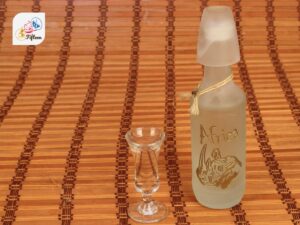
Wine
Depending on what kind of wine, such as red wine like Pinotage can enhance the grilled and smoky taste of braai dishes; or Chenin Blanc’s fruity and slightly sweet notes go well with Cape Malay Curry.
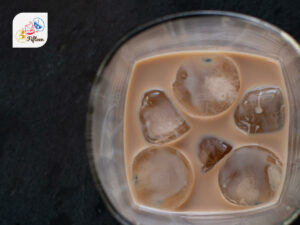
Amarula and Rooibos
Both Amarula, with its creamy, fruity, and caramel notes, and Rooibos, with its naturally sweet and slightly nutty flavor, pair excellently with desserts
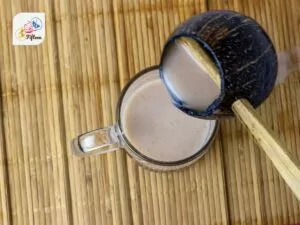
Umqombothi
This traditional beer matches well with Samp and Beans, a hearty and comforting dish, thanks to its earthy and slightly sour taste.
What are your thoughts on my suggestions for beverages from South Africa? Feel free to share your feedback in the comments below or share this list with your friends who want to visit this country.
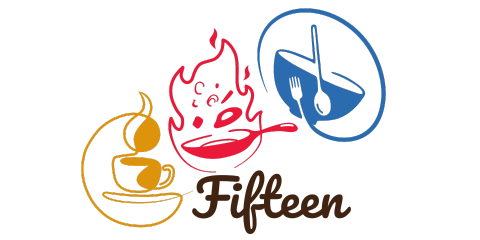

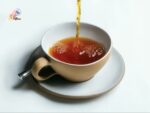

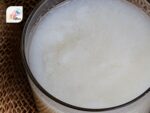
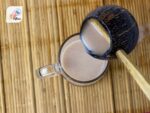


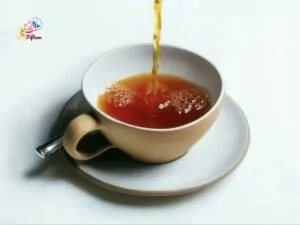
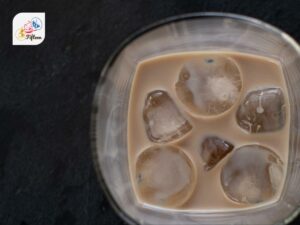



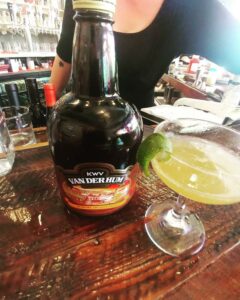
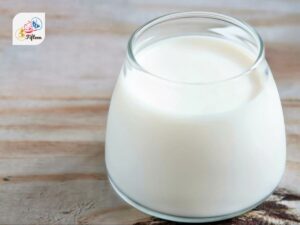
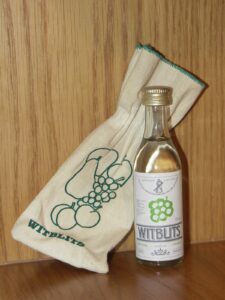
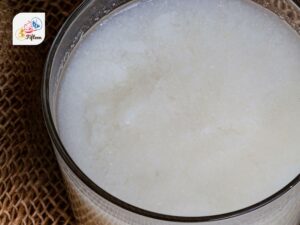
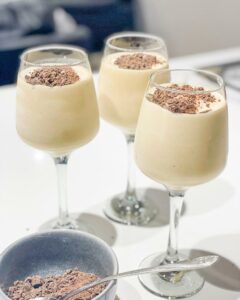
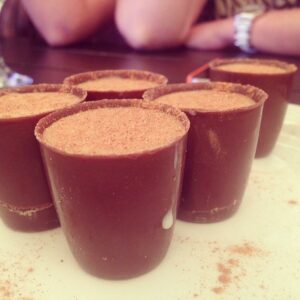
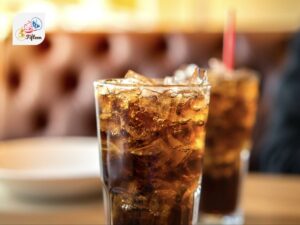
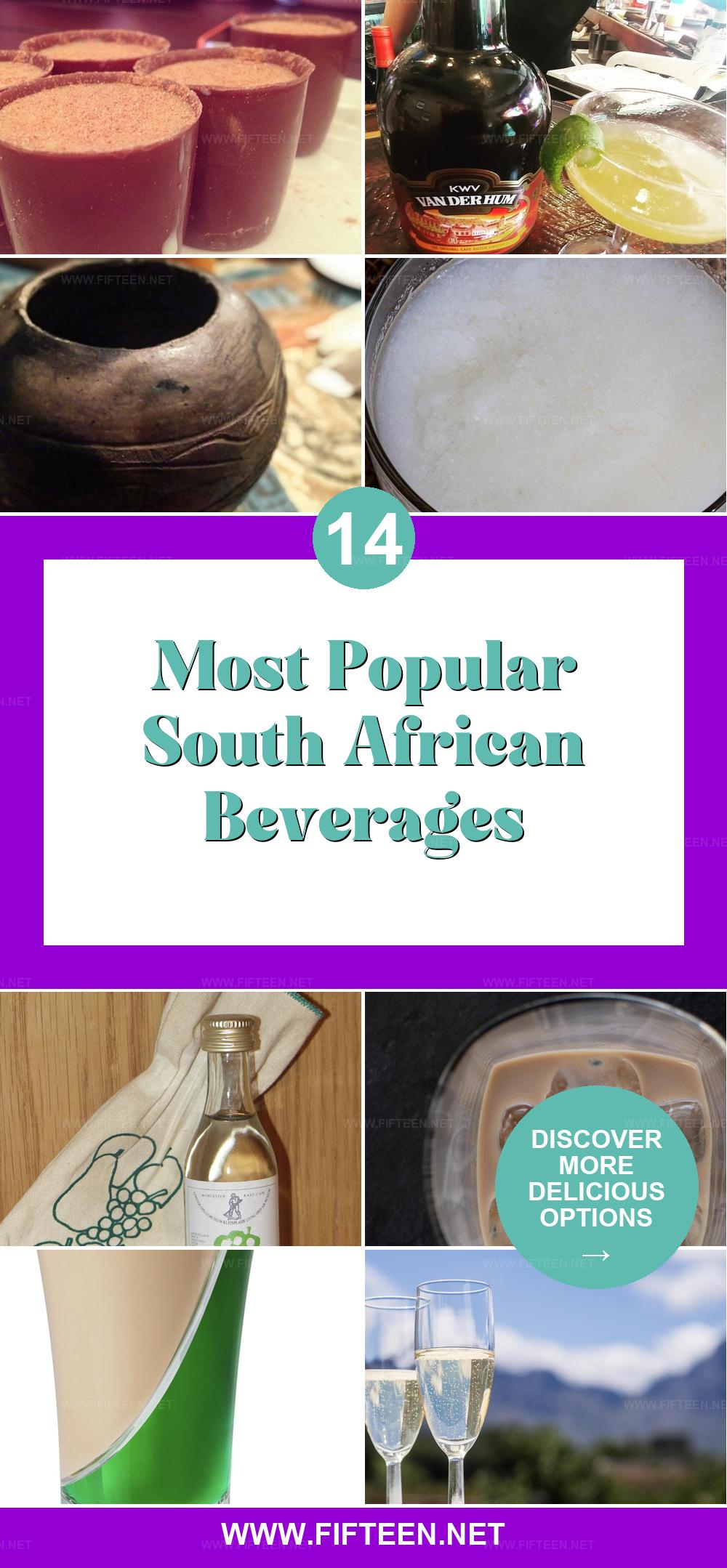
Jamie Scott
Editor in Chief, Senior Content Writer
Expertise
Home Cooking, Meal Planning, Recipe Development, Baking and Pastry, Food Editor, Cooking-video Maker, Western Food Evaluation Expert
Education
Le Cordon Bleu College of Culinary Arts
Local Community College, New York, NY
Jamie Scott is a skilled culinary expert and content creator specializing in Western cuisine. With over 15 years in the culinary field and formal training from Le Cordon Bleu, Paris, Jamie deeply understands how to blend nutrition with delicious flavors. His passion for cooking matches his commitment to making healthy eating accessible and enjoyable.
On Fifteen.net, Jamie brings a fresh perspective to classic dishes and beverages, offering readers insightful recipes, cooking tips, and a fresh view on meal planning that emphasizes taste, health, and simplicity.